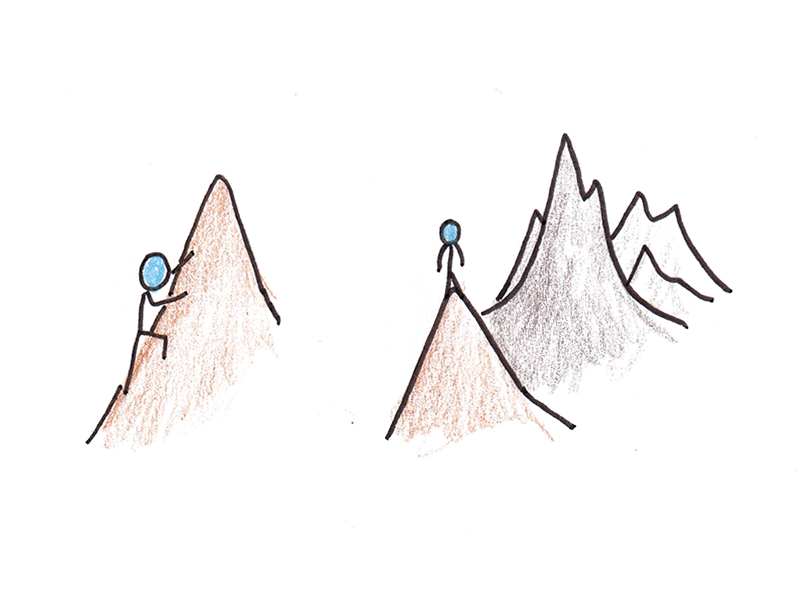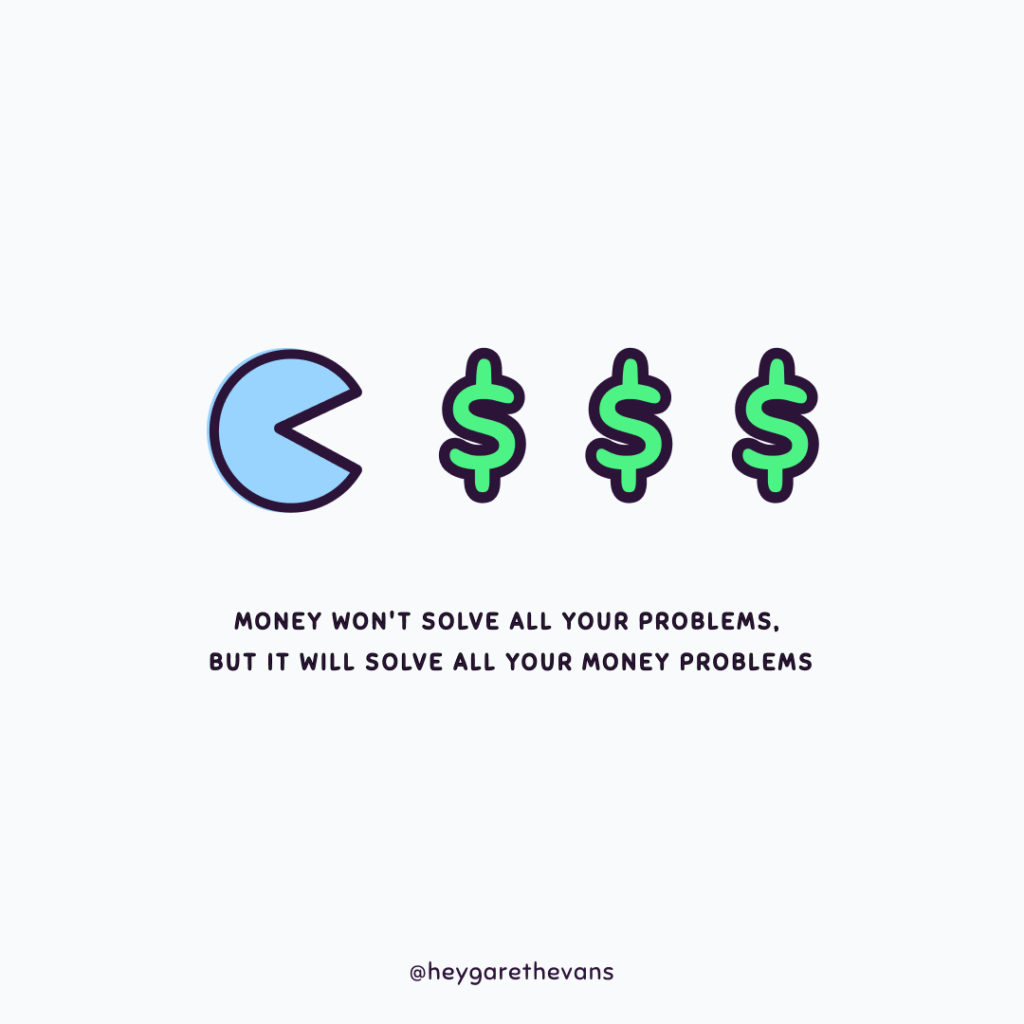There are two paths in life: the default path and the pathless path.
The default path is the path of working hard to get good grades, make more money, and to do everything we can to get ahead.
It’s the path that society often endorses, presenting it as the guaranteed route to success and happiness.
It’s the path where life milestones are clearly marked: graduate, secure a job, buy a house, and retire with a comfortable pension.
It’s the path trodden by the many, where the collective wisdom dictates the norms and expectations.
The pathless path, on the other hand, is an alternative to the default path.
It’s about working on stuff that matters to you and embracing adventure.
What We Get Wrong
Most of choose the default path in life.
And while there’s nothing intrinsically wrong about this choice, it often comes with misconceptions about what it can provide.
Many assume this path will lead to a profound sense of fulfilment and happiness.
And while this may genuinely be the case for many people, I’ve found that the reality is a lot different. While the default path tends to offer a semblance of security, it often leads to a scripted existence that can feel limiting and somewhat predictable.
This security, while comforting, can act as a golden cage, restricting the range of experiences and personal growth opportunities available.
So, why then do so many of us end up on the default path? I think there are a few different reasons:
- We learn to be hoop jumpers – from an early age, many of us are conditioned to follow a well-defined set of expectations: excel in school, participate in extracurricular activities, and get into a top university. This behaviour is often not driven by personal passion but by a strategic approach to achieving societal markers for success. For example, I did a bunch of stuff outside of school, like debating and something called CCF, not out of enjoyment because I thought it would help boost my chances of getting into law school.
- We’re attracted to the prestige – the default path often leads to careers that carry significant prestige and societal approval, such as law or medicine. C.S. Lewis captured this phenomenon in his description of the ‘inner ring,’ emphasising the human desire to belong to prestigious groups and the fear of being left out. This longing can make it difficult to pursue less conventional or less glamorous careers.
- We avoid the important questions – often it takes significant life events or crises to prompt us to evaluate our life choices deeply. These are what the philosopher Andrew Taggart calls ‘existential openings’. These openings can occur under two circumstances: 1) a way of loss, where something significant is taken away from us, prompting a re-evaluation of what truly matters; and 2) a way of wonderment, where we encounter something profoundly inspiring that jolts us out of complacency. Until such moments, many of us avoid asking the critical questions about whether we are truly fulfilled and happy with our life.
I’m sure there are many other reasons, but the point I’m really trying to make is that most of us are convinced that the formula for living life our best life is by saving more money and working harder.
The truth is, the longer we spend on a path that isn’t ours, the longer it takes to move towards a path that is.
Choosing to step off the default path doesn’t mean rejecting security and achievement; it means redefining them in a way that aligns more closely with who we are and what truly fulfils us.
It requires bravery and introspection, and yes, it often involves navigating uncertainty and discomfort.
But it also opens up a world of possibilities — personal growth, deeper satisfaction, and the chance to live a life not prescribed by others but crafted by ourself.
By the way: I highly recommend you all check out the book The Pathless Path by Paul Millerd – I’m thinking about making a video about this at some point, it’s very good.
🎬 Latest Video
✍️ Article of the Week

My 7 Rules for Happiness
Happiness is a paradoxical goal. We all want to be happy, yet we often fail spectacularly at predicting what will make us happy.
🙌 Weekly Favourites


